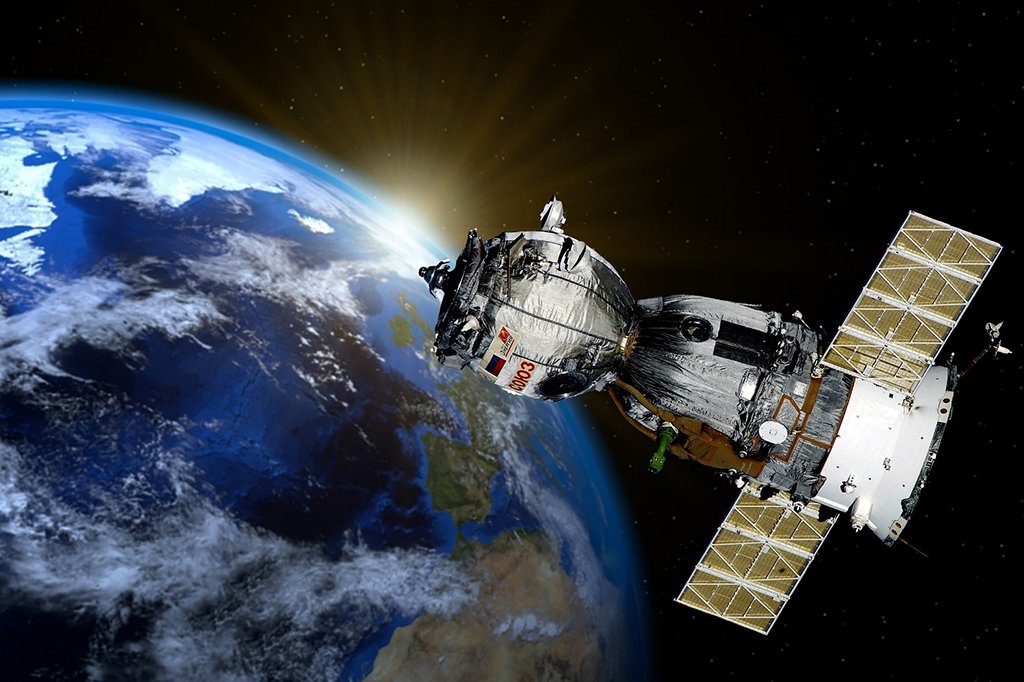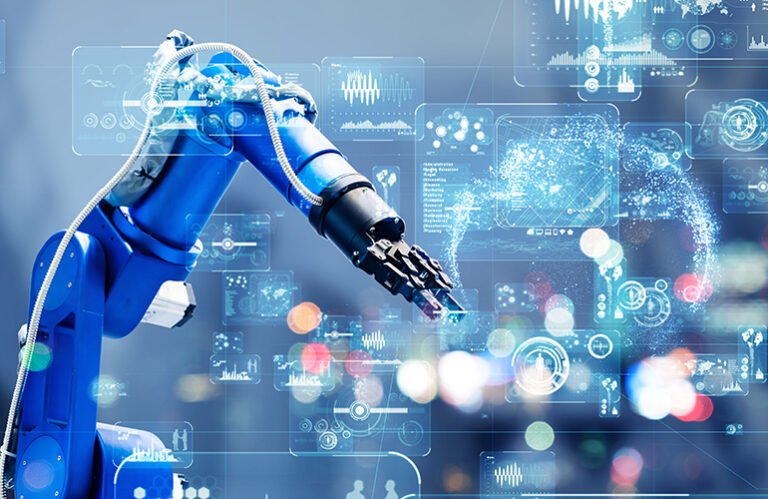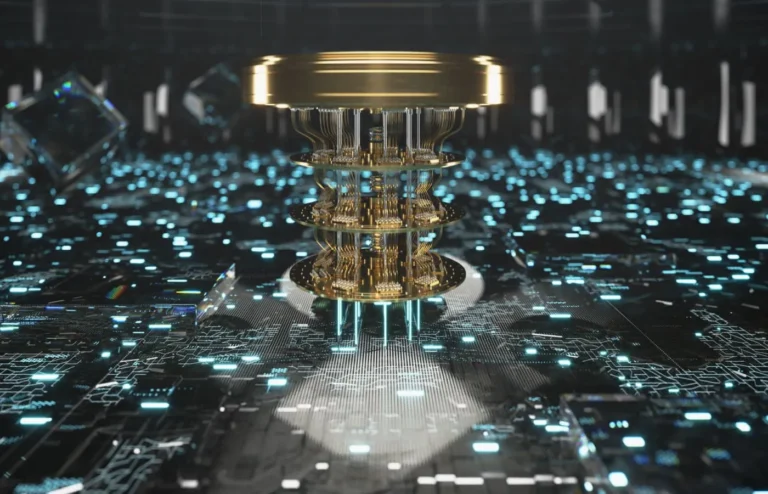The Future of Space Exploration: Technology’s Role

The future of space exploration is increasingly reliant on technological advancements. Innovative propulsion systems promise to reduce travel times to distant worlds significantly. Meanwhile, robotics and artificial intelligence are set to transform mission efficiency and data collection. Enhanced communication technologies will enable deeper insights into celestial phenomena. As these developments unfold, the implications for humanity’s understanding of the universe remain profound and complex. What challenges and opportunities might arise from these advancements?
Advancements in Propulsion Systems
Recent advancements in propulsion systems are poised to significantly enhance the capabilities of space exploration.
Nuclear propulsion offers unprecedented thrust and efficiency for deep-space missions, reducing travel time to distant celestial bodies.
Meanwhile, solar sails harness the sun’s energy, providing a sustainable method of propulsion.
Together, these technologies promise to expand humanity’s reach into the cosmos, fostering a new era of exploration and freedom.
The Impact of Robotics on Exploration
As space exploration ventures further into uncharted territories, the role of robotics has become increasingly pivotal in overcoming the challenges of distant environments.
Robotic autonomy enhances exploration efficiency by enabling machines to perform complex tasks independently, reducing the need for human intervention. This capability allows for more extensive data collection and analysis, ultimately driving advancements in our understanding of space and facilitating future missions.
Innovations in Communication Technologies
While the challenges of deep space communication remain formidable, recent innovations in communication technologies are paving the way for more robust and reliable connections with distant spacecraft.
Advances in interstellar messaging techniques and the deployment of sophisticated satellite networks enhance data transmission capabilities.
These developments promise to bridge vast distances, facilitating real-time communication and fostering a deeper understanding of our universe’s mysteries.
The Role of Artificial Intelligence in Space Missions
Artificial intelligence (AI) has emerged as a transformative force in space missions, enabling unprecedented levels of autonomy and efficiency.
Through machine learning algorithms, AI systems can analyze vast datasets, facilitating real-time decision-making.
Furthermore, autonomous navigation capabilities allow spacecraft to traverse unknown terrains without direct human intervention, significantly reducing risks and enhancing mission outcomes.
This integration heralds a new era in space exploration.
Conclusion
In conclusion, the future of space exploration is set to be transformed by advancements in propulsion systems, robotics, and communication technologies, complemented by the strategic application of artificial intelligence. As the adage goes, “The sky is not the limit; it is merely the beginning.” This encapsulates the essence of humanity’s relentless pursuit of knowledge beyond our planetary boundaries, underscoring the importance of these technological innovations in unlocking the mysteries of the universe and expanding our horizons.


